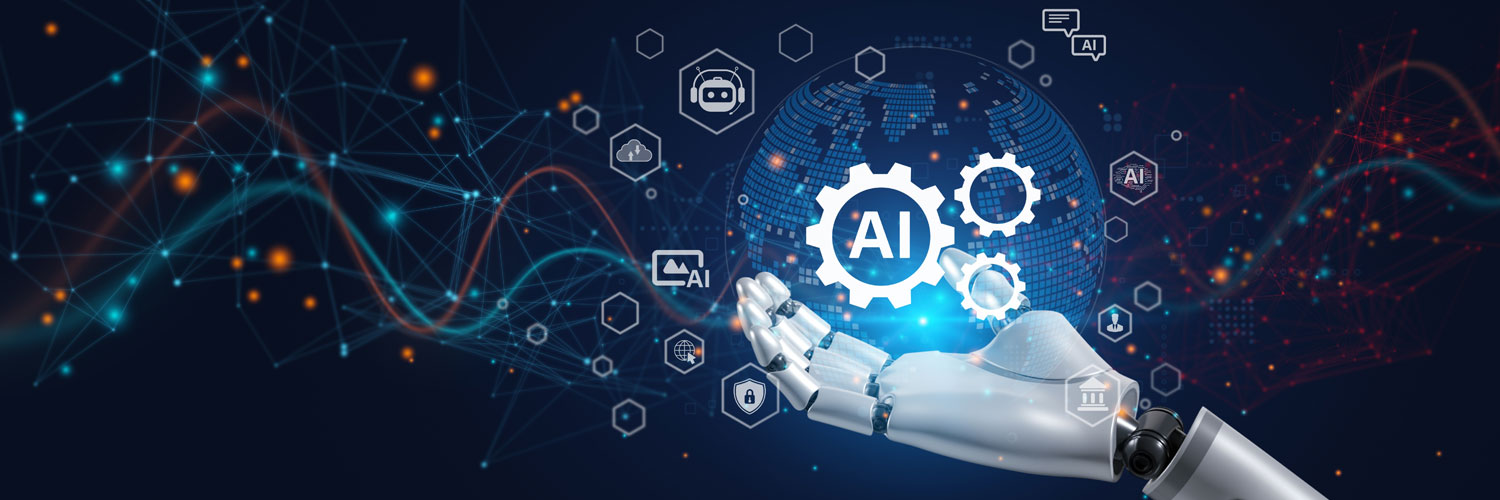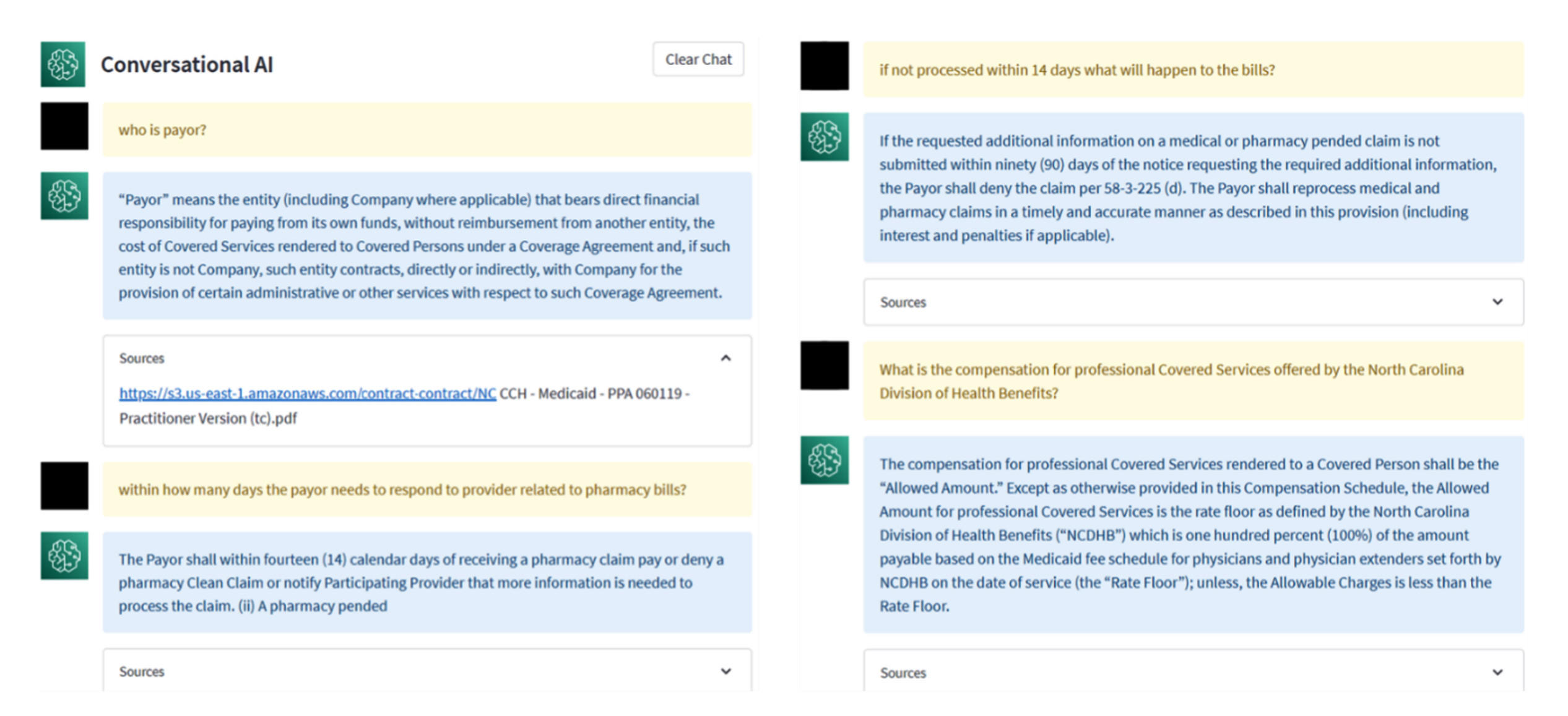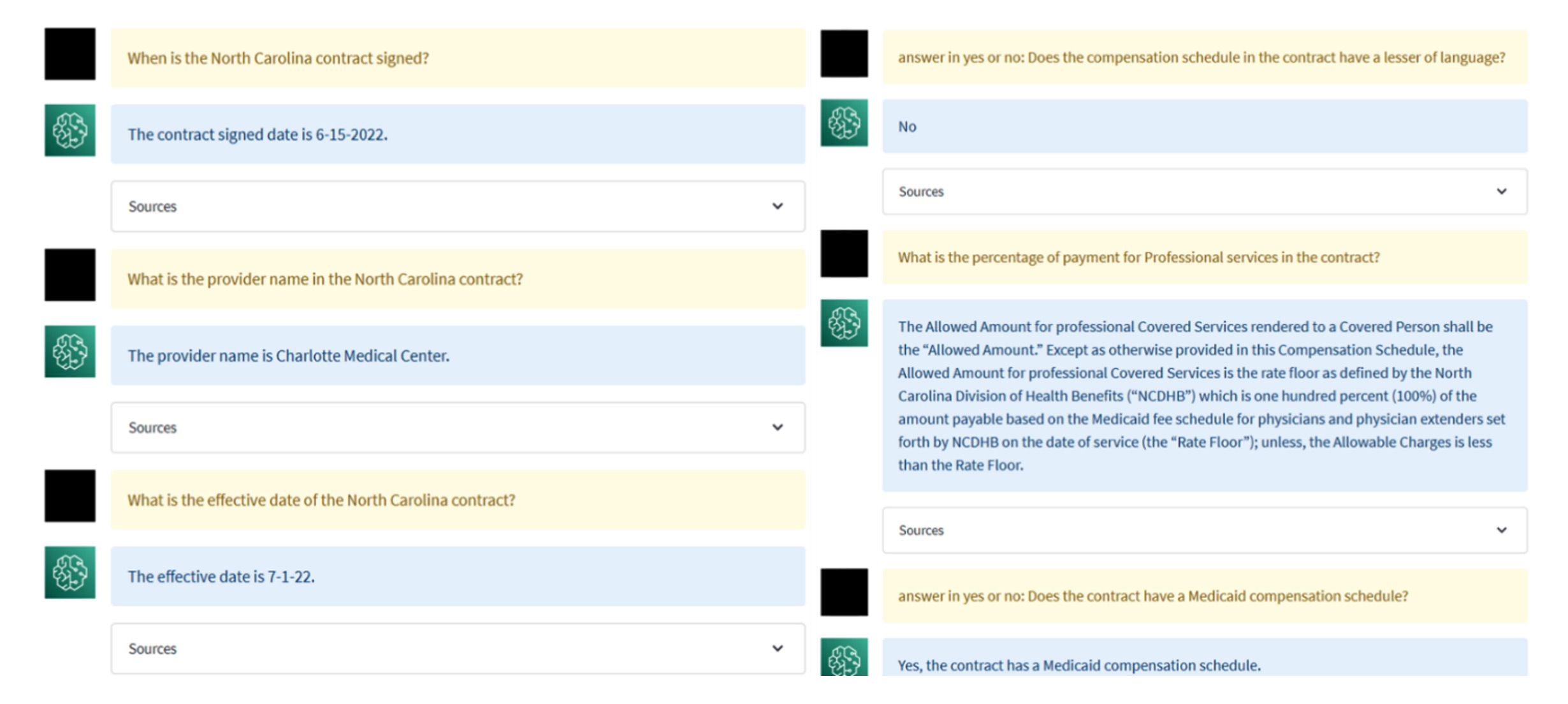Transforming Contract Analysis: Exploring the Power of Generative AI
October 25, 2023
Introduction
The field of contract analysis is undergoing a remarkable transformation with the advancements in artificial intelligence (AI) and the emergence of generative AI models. In this blog post, we will explore the potential of generative AI in revolutionizing contract analysis. We will delve into the importance of tokens in generative AI and how they enable AI models to understand and process text. By harnessing the power of generative AI, contract analysis can be streamlined to save time and reduce errors. We will also discuss the benefits and challenges of implementing generative AI in contract analysis, along with its potential applications and impact on the legal industry.
The Importance of Tokens in Generative AI
Tokens play a crucial role in the functioning of generative AI models. In natural language processing (NLP) tasks, text is divided into smaller units called tokens. These tokens serve as the building blocks that the AI model processes and manipulates to generate coherent and contextually relevant output. Tokenization is the process of converting raw text into a sequence of tokens. This preprocessing step enables the model to effectively understand and analyze the text data.
The number of tokens in a text has implications for the model’s processing capabilities. There is a maximum token limit that determines the length of the input or output that the model can handle. If the text exceeds this limit, it needs to be truncated or split into smaller segments. Additionally, the number of tokens affects the computational resources required for training and inference. Longer texts with more tokens can be more computationally expensive to process.
Improving Contract Analysis with Generative AI
Generative AI models offer significant improvements in contract analysis. By training the model on a vast corpus of legal text, it becomes capable of analyzing large volumes of contracts quickly and accurately. This saves time and reduces the risk of human error. Generative AI models can recognize patterns, identify relevant clauses, and extract crucial information more efficiently than human reviewers.
Figure 1. Claude 2.0 LLM output
One of the immediate results achieved with generative AI models in contract analysis is the reduction in service agreement review time. By providing blended summaries and entities, these models give lawyers and reviewers all the important information they need for a top-level review of a master service agreement (MSA). This faster review process translates into cost savings.
Figure 2. FLAN-T5-XL LLM output
Generative AI also enables quick updates to internal client databases. Named entities extracted from contracts, such as company names and contract values, can be automatically stored, facilitating easy reference and enhancing data organization. This saves time for legal professionals and improves data management.
The ability to optimize summaries is another advantage of generative AI. Summarization in contract analysis requires a balance between extractive and abstractive techniques. Generative AI models allow for easy human-based evaluation and iteration, improving the quality and relevance of the generated summaries.
Retraining the base pipeline for different document types is another benefit of generative AI in contract analysis. This flexibility allows for the adaptation of the middle models to different types of legal agreements and documents.
Challenges and Considerations
While generative AI holds tremendous promise for contract analysis, there are challenges and considerations that need to be addressed. Ethical considerations, privacy concerns, data quality, and model interpretability are among the factors that require careful attention.
Ethical considerations are essential when using generative AI in contract analysis, especially when dealing with sensitive information and client data. Legal professionals must ensure responsible and ethical use of the technology, safeguarding confidentiality and privacy.
Data quality is crucial for the performance of generative AI models. The accuracy and reliability of the outputs heavily depends on the quality and representativeness of the training data. Careful data curation and validation processes are necessary to ensure reliable and unbiased results.
The interpretability of generative AI models is another challenge. Understanding the reasoning behind the model’s generated output is crucial, especially in legal contexts. Legal professionals need to have a clear understanding of how the model arrives at its conclusions and be able to explain and justify those outputs to clients, stakeholders, and regulatory bodies.
Conclusion
Generative AI models, powered by the utilization of the right root words or tokens, have the potential to transform contract analysis in the legal industry as this work requires a high-end LLM models which have the capability to understand the document at the root level. By automating document review, facilitating risk mitigation and compliance, standardizing contract language, and enhancing due diligence, generative AI empowers legal professionals to streamline processes, save time, and deliver strategic value. While challenges exist, the adoption of generative AI in contract analysis presents a transformative opportunity for legal professionals to harness the power of technology and drive greater value for their organizations.





